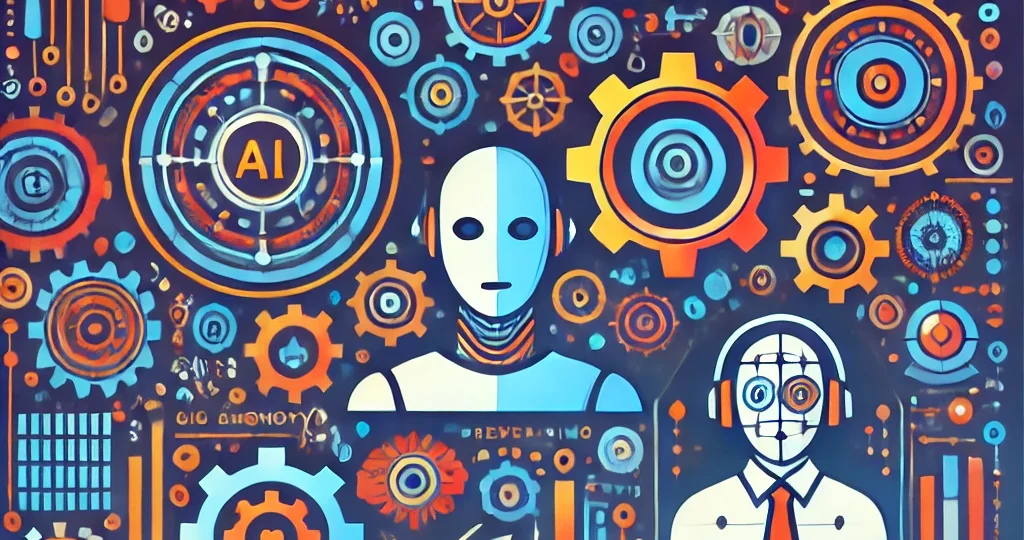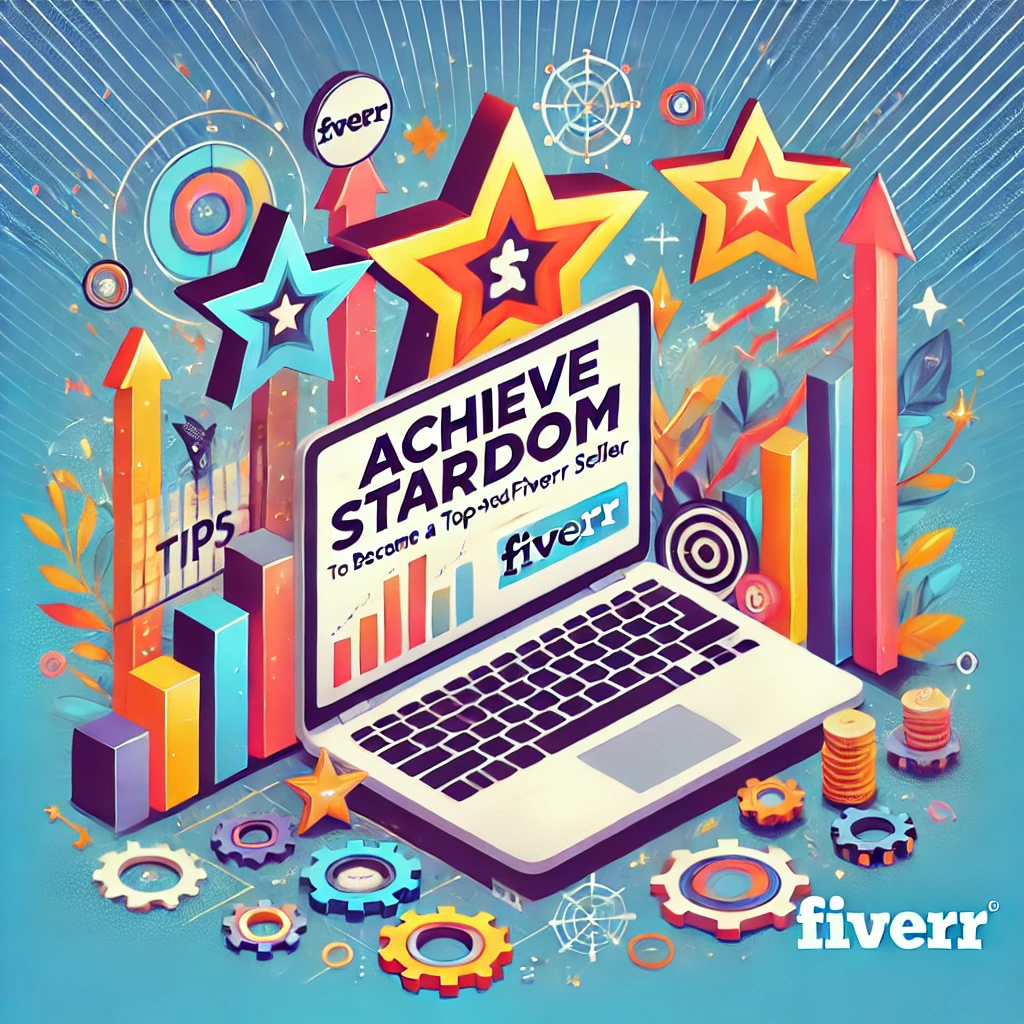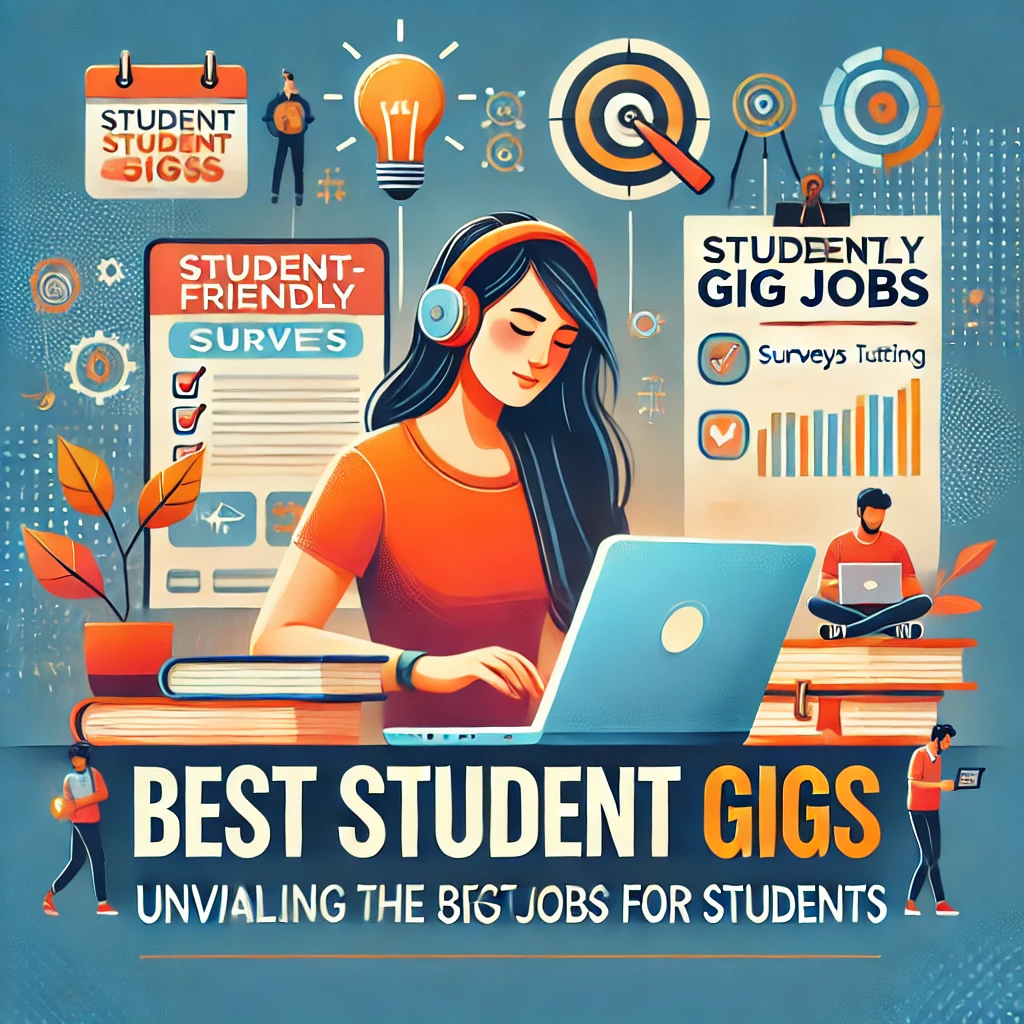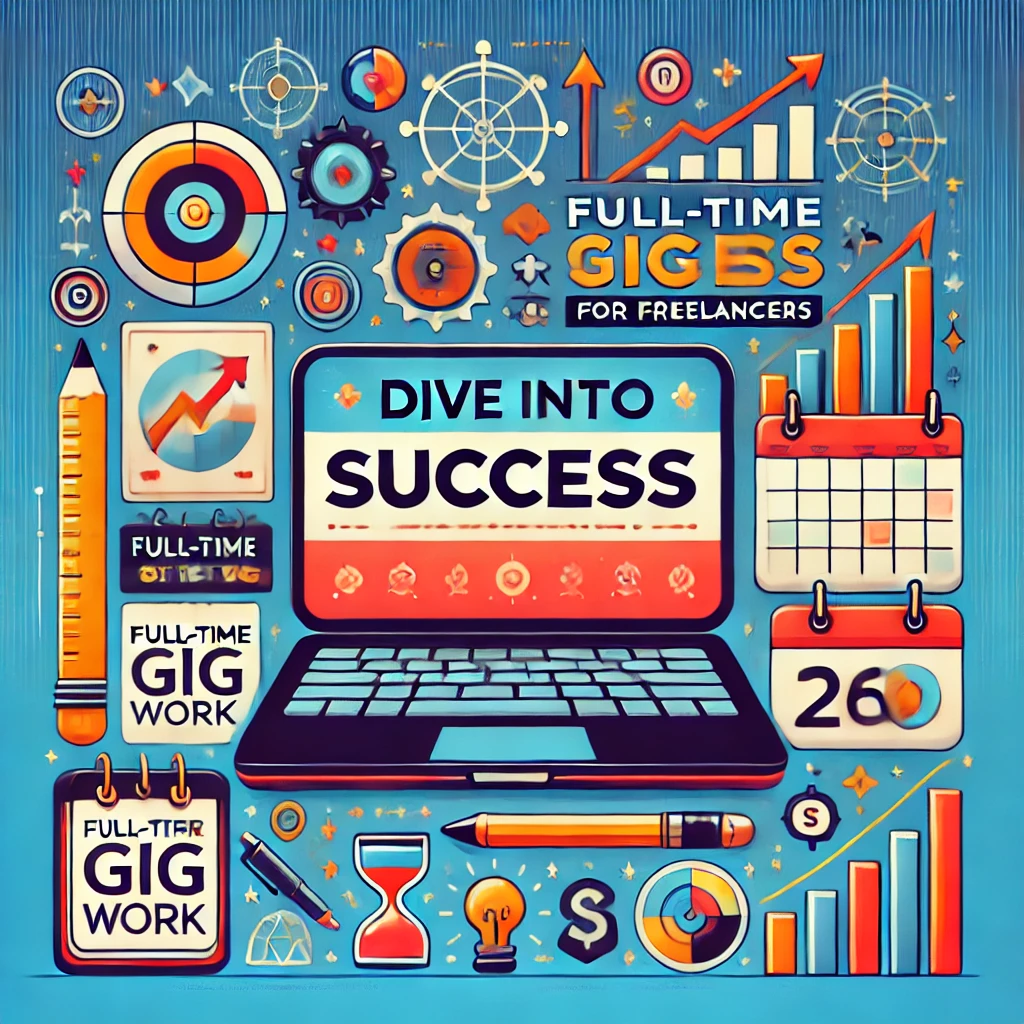The Best of AI in Redefining the Gig Economy Landscape
September 3, 2024 | by Jean

Introduction to the Gig Economy
In today’s dynamic workforce landscape, the gig economy plays a pivotal role in reshaping traditional employment structures. Understanding the gig economy’s definition, evolution, and influence is crucial for individuals navigating the realm of freelancing and microtasking.
Definition and Evolution of the Gig Economy
The gig economy, also known as the freelance or on-demand economy, refers to a labor market characterized by short-term contracts, freelance work, and independent contracting. This evolving economic model has witnessed a notable shift from traditional full-time employment towards a more flexible and project-based approach.
The gig economy has seen significant growth over the past decade, driven by technological advancements and changing work patterns. Freelancers, gig workers, students, stay-at-home parents, side hustlers, and digital nomads are actively participating in this landscape, leveraging their skills and expertise to pursue varied opportunities.
| Year | Number of Gig Workers (Millions) |
|---|---|
| 2016 | 15.8 |
| 2018 | 36.5 |
| 2020 | 59.3 |
Significance of the Gig Economy in Today’s Workforce
The gig economy’s emergence has brought about a fundamental shift in how individuals approach work and income generation. Its significance lies in offering flexibility, autonomy, and diverse earning potential to a wide range of participants. For many, the gig economy serves as a means to supplement their primary income, explore new career paths, or achieve a better work-life balance.
Moreover, the gig economy acts as a bridge for companies seeking specialized skills on a project basis and individuals with expertise looking for flexible work arrangements. This symbiotic relationship between businesses and gig workers has fueled innovation, productivity, and market competitiveness in various industries.
As the gig economy continues to evolve, adapting to the changing needs and demands of both workers and organizations is imperative. Embracing technological advancements, such as AI integration, and honing essential gig economy skills will be key in navigating this dynamic landscape successfully.
The Role of AI in the Gig Economy
As the gig economy continues to expand, the integration of artificial intelligence (AI) is revolutionizing the way work is sourced, matched, and completed. AI technologies play a pivotal role in enhancing the efficiency and effectiveness of gig platforms, impacting job matching and task allocation processes.
Integrating AI in Gig Platforms
AI has significantly transformed gig platforms by enabling intelligent automation of various tasks. Through AI algorithms, platforms can analyze vast amounts of data to match gig workers with suitable opportunities based on their skills, preferences, and availability. This sophisticated matching process not only benefits gig workers by connecting them with relevant tasks but also enhances the overall user experience for businesses and clients seeking services.
The utilization of AI in gig platforms also extends to streamlining administrative tasks, such as invoicing, scheduling, and communication. By automating these elements, gig workers can focus more on their core tasks, leading to increased productivity and job satisfaction. Additionally, AI-powered analytics provide valuable insights into performance metrics, allowing gig workers to track their progress and optimize their work strategies.
Impact of AI on Job Matching and Task Allocation
AI-driven algorithms have revolutionized the job matching and task allocation processes in the gig economy. By analyzing the profiles, skills, and feedback of gig workers alongside the requirements of tasks, AI can optimize the matching process to ensure that the right person is assigned to the right job efficiently and effectively.
Moreover, AI enhances task allocation by considering various factors such as location, availability, and performance history. This level of personalization not only improves the overall quality of work delivered but also maximizes the utilization of gig workers’ skills and time. Through AI-powered task allocation, gig workers can receive tasks that align with their expertise and preferences, leading to a more fulfilling and rewarding gig economy experience.
The seamless integration of AI in gig platforms is reshaping the landscape of the gig economy by fostering better matches between gig workers and tasks, optimizing efficiency, and ultimately enhancing the overall experience for all stakeholders involved. Stay tuned for more insights on how AI continues to influence and shape the dynamics of the gig economy.
AI-Powered Tools for Gig Workers
In the realm of gig work, the integration of AI-powered tools has revolutionized how tasks are managed and skills are developed. These tools play a pivotal role in enhancing productivity and efficiency for gig workers. Let’s explore two key aspects where AI is making a significant impact: task automation and optimization, and AI-powered skill development platforms.
Task Automation and Optimization
AI-driven tools are reshaping the gig economy landscape by automating repetitive tasks and streamlining workflows. These tools utilize algorithms and machine learning to analyze patterns and predict task requirements, ultimately saving gig workers valuable time.
One of the primary benefits of task automation is the reduction of manual workloads, allowing gig workers to focus on more strategic aspects of their projects. By automating routine tasks such as data entry, scheduling, and communication, gig workers can improve their overall productivity and efficiency.
Moreover, AI-driven task optimization tools can prioritize tasks based on urgency, complexity, and individual skill sets. This ensures that gig workers are matched with tasks that align with their expertise, leading to higher job satisfaction and quality output.
AI-Powered Skill Development Platforms
In the gig economy, continuous upskilling and learning are essential for staying competitive and relevant in a rapidly evolving work landscape. AI-powered skill development platforms leverage advanced algorithms to analyze individual skill gaps and recommend personalized learning paths.
These platforms offer gig workers the opportunity to enhance their existing skills and acquire new ones through interactive courses, simulations, and real-time feedback. By utilizing AI-driven assessments, gig workers can identify areas for improvement and track their progress effectively.
Furthermore, AI-powered skill development platforms tailor learning experiences to suit the individual learning styles and preferences of gig workers. This personalized approach not only maximizes engagement but also accelerates skill acquisition and mastery.
By embracing AI-powered tools for task automation and skill development, gig workers can streamline their workflows, boost their performance, and adapt to the ever-changing demands of the gig economy. As the integration of AI continues to reshape the landscape of gig work, staying informed and leveraging these technological advancements will be key to thriving in this dynamic and evolving environment.
Challenges and Opportunities
Embracing AI in the Gig Economy brings along both challenges and opportunities for freelancers and gig workers. Let’s explore how addressing concerns about AI in the Gig Economy and leveraging AI for enhanced efficiency and income generation can shape the future landscape.
Addressing Concerns About AI in the Gig Economy
As AI continues to permeate various sectors, concerns about its impact on job security and the role of humans in the workforce have been raised within the Gig Economy. One of the primary challenges is the fear of automation replacing human workers, leading to job displacement. However, it’s essential to recognize that while AI can automate certain tasks, it also creates new opportunities for skill development and higher-value tasks that require human creativity and critical thinking.
Embracing AI in the Gig Economy requires a shift in mindset towards upskilling and adapting to the changing nature of work. Freelancers and gig workers can mitigate concerns by staying informed about technological advancements, embracing lifelong learning, and continuously upgrading their skill sets to align with the demands of AI-powered platforms. By proactively preparing for the integration of AI, individuals can position themselves as valuable assets in the evolving Gig Economy landscape.
Leveraging AI for Enhanced Efficiency and Income Generation
On the flip side, leveraging AI presents gig workers with opportunities to enhance their efficiency and income-generation capabilities. AI-powered tools and platforms can streamline repetitive tasks, automate processes, and provide data-driven insights that enable freelancers to work more efficiently and effectively. By harnessing the power of AI for task automation and optimization, gig workers can free up time to focus on high-value projects, expand their client base, and increase their earning potential.
Moreover, AI-powered skill development platforms offer personalized learning experiences tailored to individual needs, allowing gig workers to acquire new skills, stay competitive in the market, and access greater income opportunities. Through continuous learning and adapting to AI-enhanced tools, freelancers can position themselves as agile and resourceful professionals in the Gig Economy.
By addressing concerns about AI and embracing its potential for efficiency and income generation, freelancers and gig workers can navigate the evolving landscape with confidence and adaptability. The key lies in understanding the symbiotic relationship between humans and AI, leveraging technology as a tool for growth and innovation, and proactively shaping one’s career path to thrive in the AI-driven Gig Economy.
Future Trends in AI and the Gig Economy
As the gig economy continues to evolve, the integration of AI is expected to have a profound impact on the way gig work is performed and managed. Anticipating future trends in AI and the gig economy can provide valuable insights into the potential shifts in skill requirements and industry adaptations.
Predictions for AI’s Influence on Gig Work
AI is poised to revolutionize the gig economy by enhancing efficiency, expanding opportunities, and streamlining processes for gig workers. Predictions regarding AI’s influence on gig work include:
- Increased Task Automation: AI-powered tools are projected to automate routine tasks, allowing gig workers to focus on higher-value assignments that require human intervention.
- Improved Job Matching: AI algorithms will enhance job matching processes, connecting gig workers with tasks that align with their skills and preferences more accurately.
- Personalized Skill Development: AI-driven platforms will offer personalized skill development opportunities tailored to the individual needs of gig workers, enabling them to upskill and adapt to changing market demands.
The infusion of AI technologies is expected to create a more dynamic and responsive gig economy landscape, empowering freelancers to optimize their productivity and income potential. By staying informed about these advancements, gig workers can proactively embrace AI tools to elevate their performance and competitiveness in the digital marketplace.
Potential Shifts in Skill Requirements and Industry Adaptations
With the increasing integration of AI in the gig economy, there will likely be significant shifts in skill requirements and industry adaptations to accommodate the evolving technological landscape. Some potential changes include:
- Emphasis on Tech Proficiencies: Gig workers may need to enhance their technological competencies to leverage AI tools effectively and stay competitive in the digital marketplace.
- Adaptation to AI-Powered Platforms: Freelancers and gig workers will need to adapt to AI-powered gig platforms, which may reshape the way tasks are assigned, completed, and compensated.
- Demand for Data Analytics Skills: As AI generates vast amounts of data, there will be a growing demand for gig workers with data analytics skills to extract valuable insights and drive informed decision-making.
As the gig economy continues to intersect with AI technologies, individuals navigating the digital workforce should prepare for these potential skill shifts and industry adaptations. By proactively acquiring relevant skills and adapting to technological advancements, gig workers can position themselves for success in the AI-driven gig economy of the future.
Understanding the future trends in AI and the gig economy can empower freelancers, students, stay-at-home parents, side hustlers, and digital nomads to navigate the evolving landscape with confidence and strategic foresight. By embracing the opportunities presented by AI-powered tools and adapting to changing skill demands, gig workers can forge a path toward sustainable success in the dynamic gig economy ecosystem.
Related Articles
- Best 10 Laptops for Gig Works Now: Boost Your Productivity
- Make Money Today With Clickworker Website: It is Easy!
- The Best Top 10 Gig Jobs for Students in 2024
- My Secrets to Create an Upwork Profile That Stands Out
- How to Make Much Money on Fiverr in 2024: A Comprehensive Guide
- How to Make Money on Amazon Mechanical Turk in 2024: A Complete Guide
- 15 Best Skills To Skyrocket your Gig Economy Earnings
RELATED POSTS
View all


